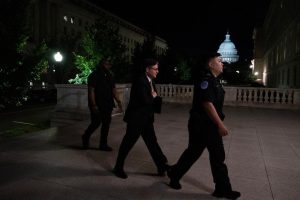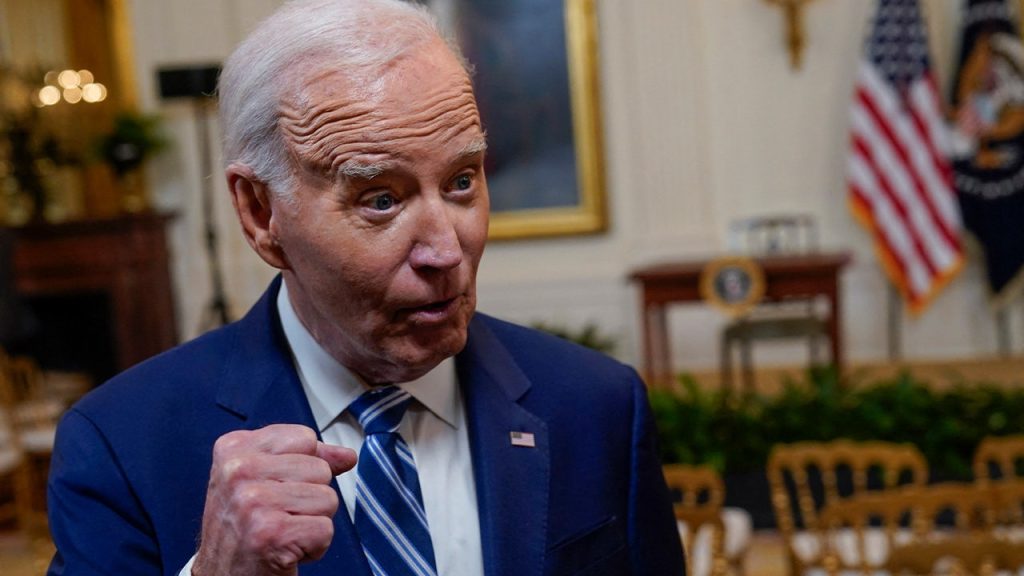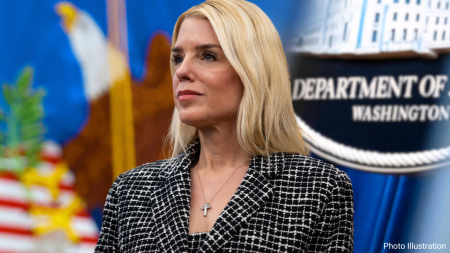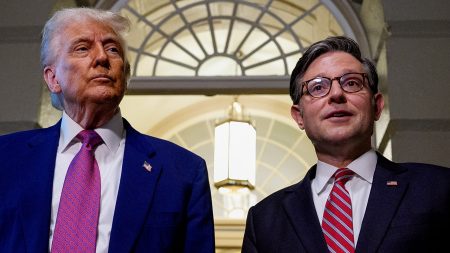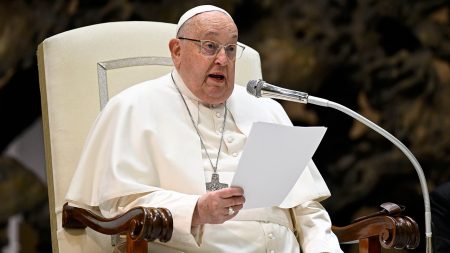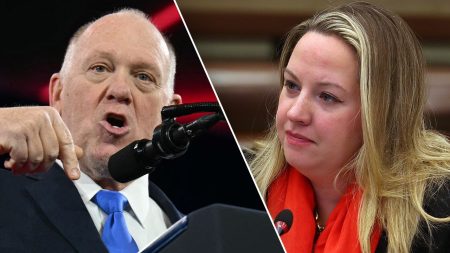President Biden’s recent remarks underscore a complex interplay of domestic and international concerns, ranging from the lingering shadow of the January 6th Capitol riot to the poignant aftermath of a recent terrorist attack in New Orleans and broader anxieties about national security. His comments, delivered after signing the Social Security Fairness Act, touched upon the fragility of democratic norms, the importance of national unity in the face of tragedy, and the imperative to address both mental health challenges and potential security threats.
Biden’s characterization of former President Trump’s actions surrounding the January 6th events as a “genuine threat to democracy” highlights the ongoing debate about the resilience of American democratic institutions. While expressing hope that the nation has moved beyond that perilous moment, his words serve as a reminder of the potential for political instability and the need for continued vigilance in upholding democratic principles. This statement, made in response to a reporter’s question, underscores the enduring significance of the January 6th attack and its impact on the political landscape. It suggests a continuing concern about the potential for future challenges to the democratic process and the importance of reinforcing democratic norms.
Shifting focus to the tragic events in New Orleans, President Biden’s planned visit to offer condolences to the victims’ families and meet with local officials reflects the nation’s collective grieving process and the president’s role as consoler-in-chief. His empathetic acknowledgment of the profound pain of loss and his message of resilience underscore the human cost of such tragedies and the importance of community support during times of grief. The president’s words, emphasizing the need to “hang on to each other,” highlight the importance of social connection and mutual support in navigating the aftermath of trauma. This sentiment reflects a broader recognition of the psychological and emotional toll of such events.
Beyond expressing sympathy, President Biden addressed the nature of the New Orleans attack, emphasizing the findings of the investigation, which concluded that the perpetrator acted alone and was motivated by personal struggles, particularly with mental health. This assertion serves to counter any speculative narratives about wider conspiracies or connections to external threats. By explicitly stating that there is “zero evidence” of foreign involvement or coordinated efforts, the president aims to dispel misinformation and reassure the public that the incident was an isolated act of violence. This clarification reflects the need to address public anxieties and provide accurate information in the wake of such events, especially in an age of rampant misinformation and speculation.
The president’s comparison of the New Orleans attack to the Las Vegas shooting further reinforces the focus on mental health as a potential driver of such acts of violence. This parallel highlights a recurring theme in discussions about mass violence and underscores the need for a deeper understanding of the complex factors contributing to such tragedies. By drawing this connection, President Biden implicitly advocates for greater attention to mental health issues and the development of effective strategies for prevention and intervention. This perspective aligns with a growing recognition of the crucial role of mental health in addressing the root causes of violence.
In summary, President Biden’s recent pronouncements address a range of critical issues facing the nation. His comments on the January 6th anniversary reflect a continuing concern about the fragility of democratic institutions and the importance of upholding democratic norms. His response to the New Orleans attack highlights the nation’s collective grief, the importance of community support in the face of tragedy, and the need to address mental health challenges as a potential factor in acts of violence. By emphasizing the isolated nature of the New Orleans attack and dispelling rumors of broader conspiracies, the president aims to provide accurate information and reassure the public. His remarks, taken together, reflect a complex and evolving landscape of domestic and international concerns, calling for both vigilance and empathy in navigating these challenges. The recurring theme of strengthening democratic principles and addressing mental health concerns underscores the need for proactive measures to build a more resilient and secure society.


